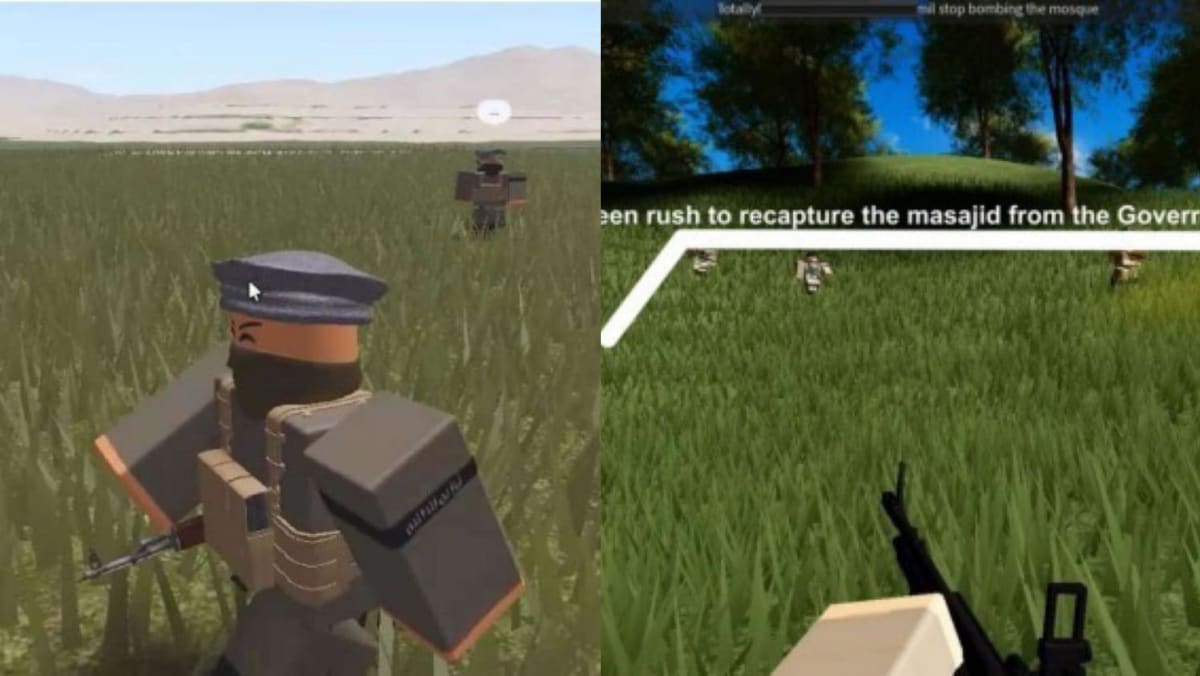
SINGAPORE: There is a growing concern about youth radicalism in Singapore, the Internal Security Department (ISD) said on Monday (Jul 24), highlighting the role of social media and gaming platforms.
The terrorism threat to Singapore remains high, with self-radicalisation online being the primary threat driver, the agency said in its annual terrorism threat assessment report.
Social media and online gaming platforms have enabled like-minded individuals to connect across borders, forming a “virtual caliphate” where they can propagate their support for terrorist groups.
“While the platforms themselves are innocuous, terrorists and extremists have co-opted their features for recruitment and radicalisation. There is a ready source of extremist material on social media, replicated on various online platforms, which are easily accessible,” ISD said in its report.
ISD cited the example of three youths detained in the past year who had come to be acquainted through the same extremist social media channel.
One of them, a 16-year-old student, had joined multiple Islamic State-themed servers on gaming platform Roblox where he got to know other pro-IS gamers. He propagated his support for the extremist group by creating and uploading three propaganda videos on social media, using Roblox game footage.
Another Singaporean student, 15, was arrested in November 2022 for terrorism-related activities, making him the youngest person so far to be dealt with under the Internal Security Act.
He became self-radicalised after listening to podcasts by foreign segregationist preacher Ismail Menk and later considered conducting attacks in Singapore.
In each of the recent ISA cases, the self-radicalised individuals had spent significant amounts of time online consuming sermons of radical preachers, ISD noted in its report.
“Beyond terrorist propaganda, social media also provides easy access to sermons of radical or segregationist foreign preachers, entrenching intolerant views that can serve as a pre-cursor to radicalisation,” it added.
Since 2015, a total of 11 self-radicalised Singaporeans aged 20 and below have been dealt with under the ISA.
The agency noted that five of these youths had plans to carry out attacks in Singapore using easily accessible weapons.
